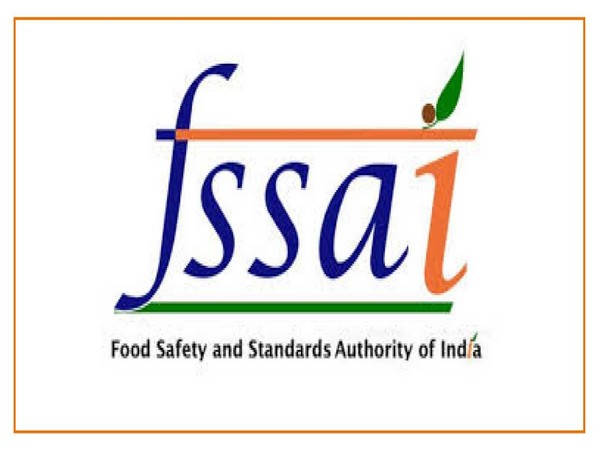The Food Safety and Standards Authority of India (FSSAI) held its 45th Central Advisory Committee (CAC) meeting today, emphasizing the need for robust food safety protocols in popular tourist areas as the peak season approaches from November to March. In a call to action, States and Union Territories (UTs) were advised to increase their use of mobile Food Safety on Wheels labs to ensure high safety standards amid the anticipated influx of both domestic and international visitors.
During the meeting, FSSAI CEO Shri G Kamala Vardhana Rao directed Food Commissioners to strengthen oversight of e-commerce warehouses and distribution networks, as these increasingly handle food items and require close monitoring. Rao requested that Standard Operating Procedures (SOPs) be established for such warehouses, including guidelines for delivery personnel on food safety compliance. Enhanced sampling protocols and mobile food safety units were recommended for these operations to ensure consistent standards.
Additional key highlights and directives from the CAC meeting included:
Training for Food Business Operators (FBOs): Under the Food Safety Training and Certification (FoSTaC) initiative, States and UTs were tasked with training 25 lakh food handlers by March 2026, focusing on establishments such as university and hostel canteens to enhance food safety and hygiene standards.
Integrated Food Safety Approach: An inter-ministry collaboration approach was promoted, encouraging regular food safety meetings at the state and district levels to streamline food safety practices across the nation.
Consumer Engagement and Eat Right India: The committee advised States to engage citizens in the Eat Right India movement, promoting healthier eating through outreach events, such as fairs, walkathons, and street plays (Nukkad Nataks), to boost awareness around food safety.
The meeting saw active participation from over 60 officials, including Commissioners of Food Safety (CFS), FSSAI officials, food industry members, consumer groups, and agriculture and research bodies. This collaborative assembly underscored the urgent need for a unified national effort to protect public health, especially at major tourist hubs and e-commerce distribution points, setting a path toward holistic food safety standards across India.











